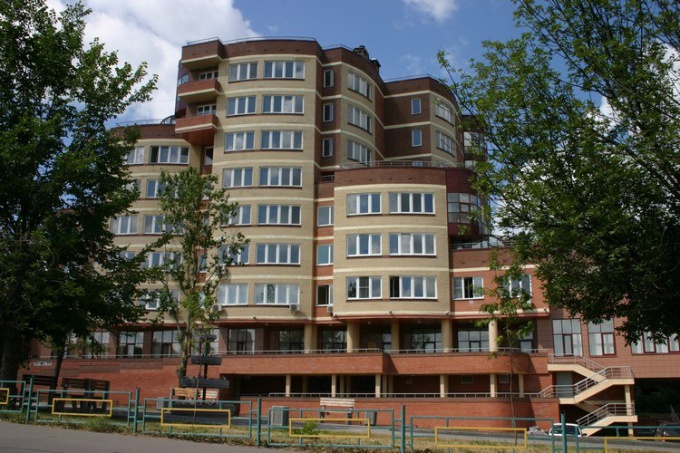Instruction
1
According to article paragraph 2, article 8 of the Constitution of the Russian Federation, in Russia are recognized and are protected under state, municipal, private and other forms of property. For a more extensive list is provided in article 212 of the civil code. But this list is not exhaustive, since there exists the caveat that Russia has recognized other forms of ownership.
2
State ownership implies that the owner possess powers of state authorities, which, in turn, appoint managers (managers) of enterprises and gives them certain powers. Public property exists in those economic sectors where it is difficult for various reasons, the participation of the private sector. Its existence is intended to solve public problems and to benefit the state. First of all, it concerns the provision of infrastructure - water and gas, electricity, telecommunications, transport, etc.
3
The state property may be a Federal (nationwide), regional (the property of constituent entities of the Russian Federation), municipal (property, city, district, settlement, another municipality). State and municipal property not assigned to state and municipal institutions and enterprises, is the property of the Treasury - national, municipal, or Treasury of the Federation.
4
Private property includes both property of citizens - individuals and legal entities. Among other forms we can distinguish the property of religious and public associations, consumer cooperatives, and mixed Russian property. In addition, there are foreign property and joint Russian and foreign.
5
In the modern world, including in Russia, increasingly there is the coexistence of different types and forms of ownership. For example, inside state-owned enterprises can exist cooperative and private business structures. There are also different joint ventures, corporations, holdings, financial industrial groups, etc.
6
Objects of property are tangible and intangible. As they can be immovable and movable property, the land, water, animals, intellectual property, securities, money, products of labor, air/water/space. And the subjects of property may be person or household (the private), a group of people (cooperative, joint, collective, public form).
